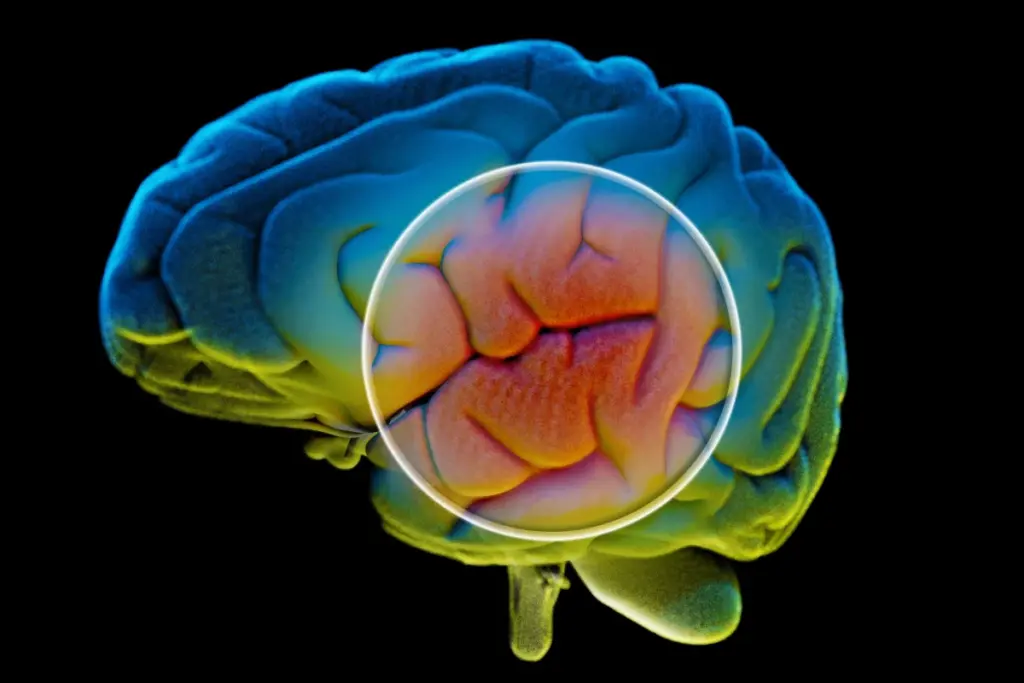
Restoring memory and enhancing cognitive function in older adults may hinge on a newly identified brain protein. Researchers at UC San Francisco have isolated a protein that could play a pivotal role in reversing age-related memory decline. Their research, published in Nature Aging, reveals that the aging process affects neurons in complex ways, primarily through changes at synapses, rather than merely through neuron loss.
The study focused on the hippocampus, a critical brain region for learning and memory that deteriorates with age. Previous studies have linked cognitive decline to the accumulation of iron in the brain, suggesting that iron deposits may disrupt neural connections. This research aimed to pinpoint the specific molecular factors contributing to premature cognitive aging.
Utilising a technique known as neuronal nuclei RNA sequencing, the team identified ferritin light chain 1 (FTL1) as a significant factor in cognitive impairment. FTL1 is an iron-associated protein that increases in the hippocampus of older mice. The researchers found that this protein not only contributes to iron buildup but also actively inhibits synaptic connections, thereby impairing cognitive performance.
To understand FTL1’s impact, the researchers manipulated its levels in younger mice. The results were striking: the brains of these young mice began to exhibit characteristics typical of older mice, including fewer synaptic connections and diminished memory capacity. Furthermore, in laboratory settings, nerve cells exposed to elevated levels of FTL1 developed fewer branching neurites, which is contrary to healthy neuronal growth patterns.
In a promising twist, when the researchers reduced FTL1 levels in older mice, significant improvements were observed. Neuronal connections reformed, memory capabilities enhanced, and the hippocampus showed signs of rejuvenation. Senior author Saul Villeda remarked, “It is truly a reversal of impairments. It’s much more than merely delaying or preventing symptoms.”
The research also indicated that FTL1 impacts the metabolism of hippocampal cells. However, the team discovered a potential workaround. By treating these cells with a compound that boosts metabolic activity, they were able to mitigate the detrimental effects of FTL1. This finding opens the door to novel therapeutic strategies aimed at rejuvenating brain function in older adults.
Villeda expressed optimism about the future implications of targeting FTL1 in developing treatments. “We’re seeing more opportunities to alleviate the worst consequences of old age,” he said. “It’s a hopeful time to be working on the biology of aging.”
This study highlights the intricate relationship between aging, iron accumulation, and cognitive function, paving the way for potential interventions that could enhance memory and quality of life for older adults. The implications of this research extend beyond basic science, potentially impacting how age-related cognitive decline is treated in clinical settings.







